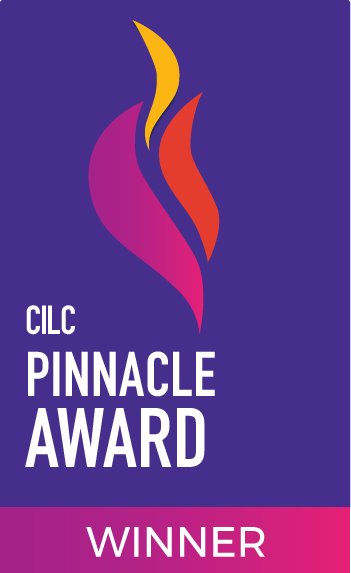
The Royal Tyrrell Museum of Palaeontology is Canada's only museum dedicated to the science of palaeontology and to celebrating the history and spectacular diversity of life on Earth - from the tiniest grains of pollen to the mightiest dinosaur. Housing over 170,000 individual specimens, the Museum is internationally renowned for its palaeontological research, collection of extraordinary educational and scientific value, and dynamic galleries.
Through award-winning and innovative Distance Learning programs delivered from the Canadian Badlands, your students can connect to experts who will inspire them with creative, fun, and educational activities.
Live from our Distance Learning Studio we offer programs for schools, homeschool students, and public sites. We use Zoom software to connect, but are able to accommodate other platforms. We can connect to a single group or multiple connections at once.
Initially launched in 2006, we have connected to over 130,000 participants in 4,700 programs to Canada, the United States, and around the world! We are proud to be a recipient of the CILC Pinnacle Award Hall of Fame!